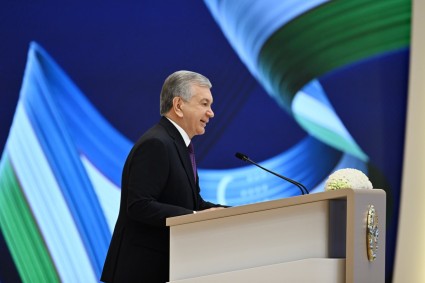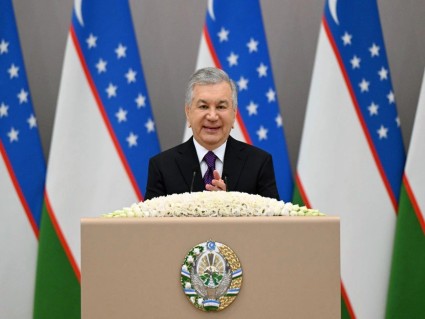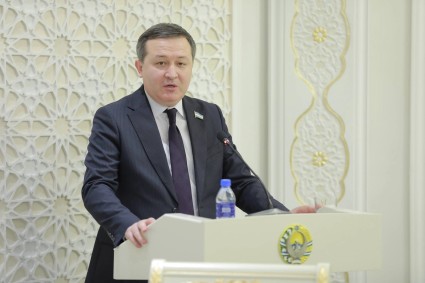On July 11, the UN General Assembly unanimously approved a special resolution on enhancing interconnectivity between Central and South Asia, developed by Uzbekistan in co-authorship with 40 countries. This was reported by the press service of the President of Uzbekistan.
As the Dunyo news agency added, the document was presented by Abdulaziz Kamilov, special representative of the President of Uzbekistan on foreign policy issues, who is on a visit to New York.
President Shavkat Mirziyoyev put forward the initiative to adopt this resolution and consolidate in it common approaches, basic principles and areas of dialogue between regions at the high-level Tashkent conference “Central and South Asia: regional interconnectivity. Challenges and Opportunities" in July 2021.
Speaking at the conference, the head of state emphasized the historical proximity of the regions of Central and South Asia and the importance of strengthening their dialogue based on mutual trust and consideration of interests.
The Tashkent conference brought together about 600 deleagtes from 50 countries, including heads of state and government, foreign ministers, heads of international and regional organizations. UN Secretary-General António Guterres, in a video message to the participants, said that "connectivity plays a key role in trade, economic growth and sustainable development" and "can contribute to building long-term peace, stability and prosperity in Central and South Asia."
Among the countries co-authors of the document are Azerbaijan, Armenia, Angola, Vietnam, Vanuatu, Ghana, Cuba, Kazakhstan, Kyrgyzstan, China, Côte d'Ivoire, Qatar, Egypt, Iran, Nepal, Malaysia, Mongolia, Morocco, Pakistan, Russia, Senegal, Tajikistan, Turkey, Turkmenistan, Sri Lanka, Philippines and others.
The resolution emphasized the importance of strengthening cooperation for the implementation of the Vienna Declaration and its program of action for landlocked developing countries for 2014-2024, as well as the key importance of transport and transit corridors for accelerating economic growth, improving the efficiency of trade and economic ties between countries of Central and South Asia and the realization of their unique transport, transit and investment potential.
The document also recognizes the important role of regional organizations in strengthening regional ties, taking into account the importance of Afghanistan's role in establishing links between Central and South Asia, as well as its economic development and integration into interregional economic processes to ensure lasting peace and stability.
The document reflects the provisions on establishing close cooperation between the regions of Central and South Asia to reduce poverty, improve food security, expand transport infrastructure and form new international transport corridors that open convenient, sustainable and safe routes to seaports.










